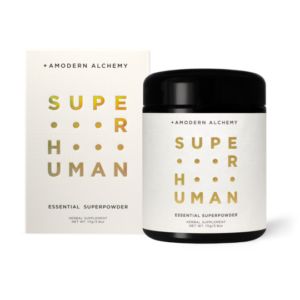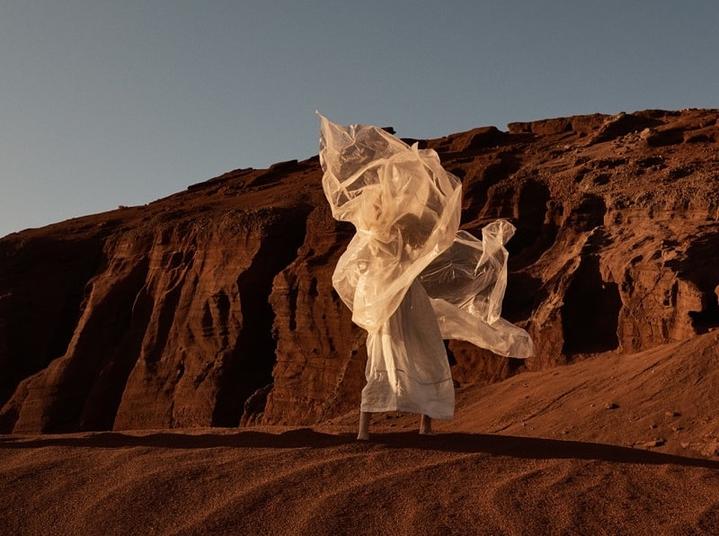“Beauty” is commonly defined as a subjective feeling of aesthetic worth on objects which makes these objects aesthetically pleasing to see. These objects include sunsets, beautiful humans, landscapes and other works of art. Beauty, along with beauty, is the most important theme of aesthetics, among the major fields of Philosophy. It is often compared to human beauty, saying that beauty in human beings is subjective and varies as much as human beauty. Similarly, aesthetics deals with how an object beautifies or disorients an individual or society.
There are many definitions for beauty. For example, Aristotle defines beauty as a desire that is natural, honest and prudent. According to Richard R. Losey, “There are no laws under which beauty behaves, no ultimate criteria by which it can be tested, no standard by which to measure it, no standard by which to rank it.” According to Peter J. Fisher, the desire for beauty is “a desire connected with the sensual sense, the moral sense, the aesthetic sense, and, in some small measure, the intelligence.”
According to John Locke, “no man is beautiful, till he is used and disposed as so to please, not as if so to please, but as if he were actually beautiful.” Beauty is subjective and changeable, as opposed to the object, which is always and permanently present. It could also be said that the beautiful is “that which may be conceived to be so”. In a way, the demand for beauty can be seen as the result of the ever-changing societal views on beauty. Beauty is determined by culture, and beauty varies according to different cultures, for instance, in the East where beauty is associated with spiritual enlightenment, while in Western culture’s beauty is more closely associated with physical beauty.
The term beauty depends on the observer’s attitude toward beauty, and this beauty is not necessarily equivalent to actual beauty. It is an attitude toward beauty that comes from personal knowledge and observation. Beauty is something that one feels or believes to be beautiful. The word beauty in today’s English is different than in years past; for although beauty has long been considered deferential to sex, gender and social status, beauty in itself is not static, and its definition often changes with changing times.

Beauty, as described by the philosophers, seems to be defined by the beauty of a physical form. The Arab world, for example, defines beauty through its depiction of perfection through facial features, symmetry, the smoothness of the skin and the absence of freckles. Perfection is a physical trait and the Arab world celebrates asymmetry, deviation and curve. This appreciation of the beauty of deviation and curve is one way of looking at beauty. symmetries on the other hand are seen as beautiful when they add to the structure of the body and add to its functionality.
Another view of beauty is beauty as the emotional state or the state of mind that sees beauty in the eyes of the beholder. Beauty is subjective, and the beholder defines it as he sees it. For some, beauty is symmetry, straight lines, or the absence of lines and wrinkles, while for others, beauty is emotion, beauty expressed through facial expression, skin tones, hair color and so on. The real test of beauty is not only in the physical appearance of a person or a thing, but rather in how much the beholder loves what he sees.
In the modern age beauty is often a matter of how the object looks to the beholder, i.e. physical attractiveness. But beauty is also subjective, and the beholder is able to define beauty in different ways. For example, for some the most beautiful object in the world would be water, while for other people the most beautiful object in the world would be a pile of junk.
There is no universal definition of beauty, because beauty varies so much from person to person, as do the subjects of beauty. For example, while most people believe that beauty is symmetry, some will argue against this. Beauty is relative, and beauty standards can vary significantly between cultures and societies. Therefore, while symmetry might be the most important quality of beauty, there are many other important qualities of beauty; and the only sure way to find out what truly is beauty is to see oneself objectively and appreciate all of our individual beauty quirks.

 CCTV Surveys at Godalming
CCTV Surveys at Godalming